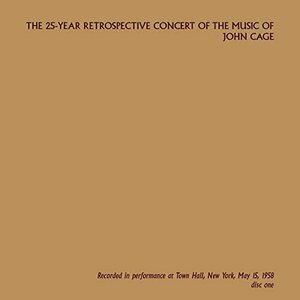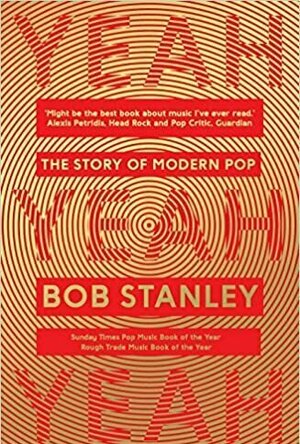Wright on Exhibit: Frank Lloyd Wright's Architectural Exhibitions
Book
The first history of Frank Lloyd Wright's exhibitions of his own work--a practice central to his...
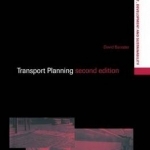
Transport Planning
Book
Transport is central to many of the current planning and policy debates. Completely revised and...
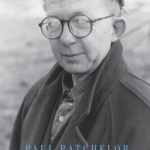
Reading Barry MacSweeney
Book
Barry MacSweeney was described as 'a contrary, lone wolf...[whose] ear for a soaring lyric melody...
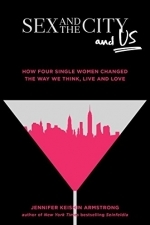
Sex and the City and Us: How Four Single Women Changed the Way We Think, Live, and Love
Book
By the bestselling author of Seinfeldia, a fascinating retrospective of the iconic and award-winning...

Planning Law and Practice
David Butler, David Travers, Noemi Byrd and Giles Atkinson
Book
Planning Law and Practice is a clear, comprehensive and up-to-date guide to Town and Country...
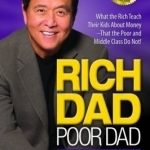
Rich Dad Poor Dad: What the Rich Teach Their Kids about Money That the Poor and Middle Class Do Not!
Book
April 2017 marks 20 years since Robert Kiyosaki's Rich Dad Poor Dad first made waves in the Personal...
Lee Ronaldo recommended The 25-Year Retrospective Concert of the Music of John Cage by John Cage in Music (curated)
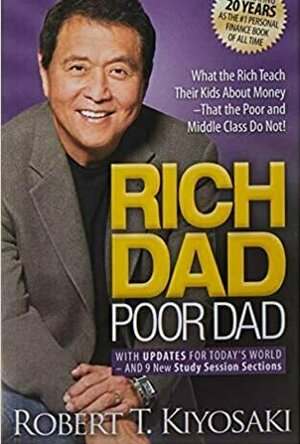
Rich Dad, Poor Dad
Book
April 2017 marks 20 years since Robert Kiyosaki’s Rich Dad Poor Dad first made waves in the...
Alexis Petridis recommended Yeah Yeah Yeah: The Story of Modern Pop in Books (curated)
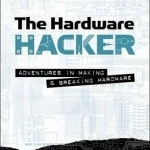
The Hardware Hacker: Adventures in Making and Breaking Hardware
Book
"Hardware, says Bunnie Huang, is a world without secrets: if you go deep enough, even the most...

